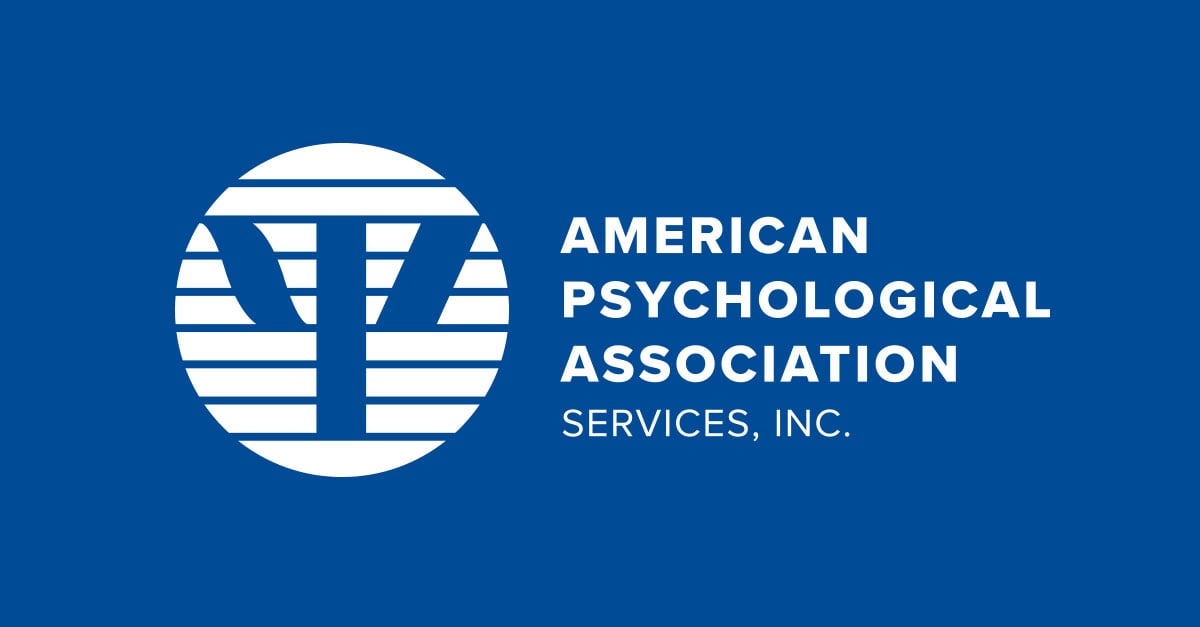Hi there, ignorant grad student here! I'm almost afraid to say something or take a position on this as a current grad student. I can see Wise's point, but at the same time, I look at the similarities with allowing people ages 18 and over to vote. Granted, there is an age requirement, however, I don't know of many 18, 19, 20-year-olds that know enough about politics, geopolitics, economics, etc. that would allow them to be anywhere near competent to vote for propositions or elect leaders to speak on our behalf. In fact, I would almost venture to say that being an 18 year old and having the ability to vote for president is probably as big as it gets; it's the world's stage. Heck, even I can admit that at 31, I could stand to learn more about current events, controversies and policies that affect me, my neighbors, state and country, but I'm still allowed the opportunity to cast a vote. It's a tricky topic to say the least, however, I think that by allowing grad students to vote, we are further socializing our future psychologists to the profession, just as Americans were initially socialized to the idea of democracy which was in stark contrast to the monarchies many came from. I don't think this process is going to be perfect, and I am sure there will be students who vote on things that they will be ignorant of, but I think that's how APA as an organization and grad students evolve together. Just my two cents.


